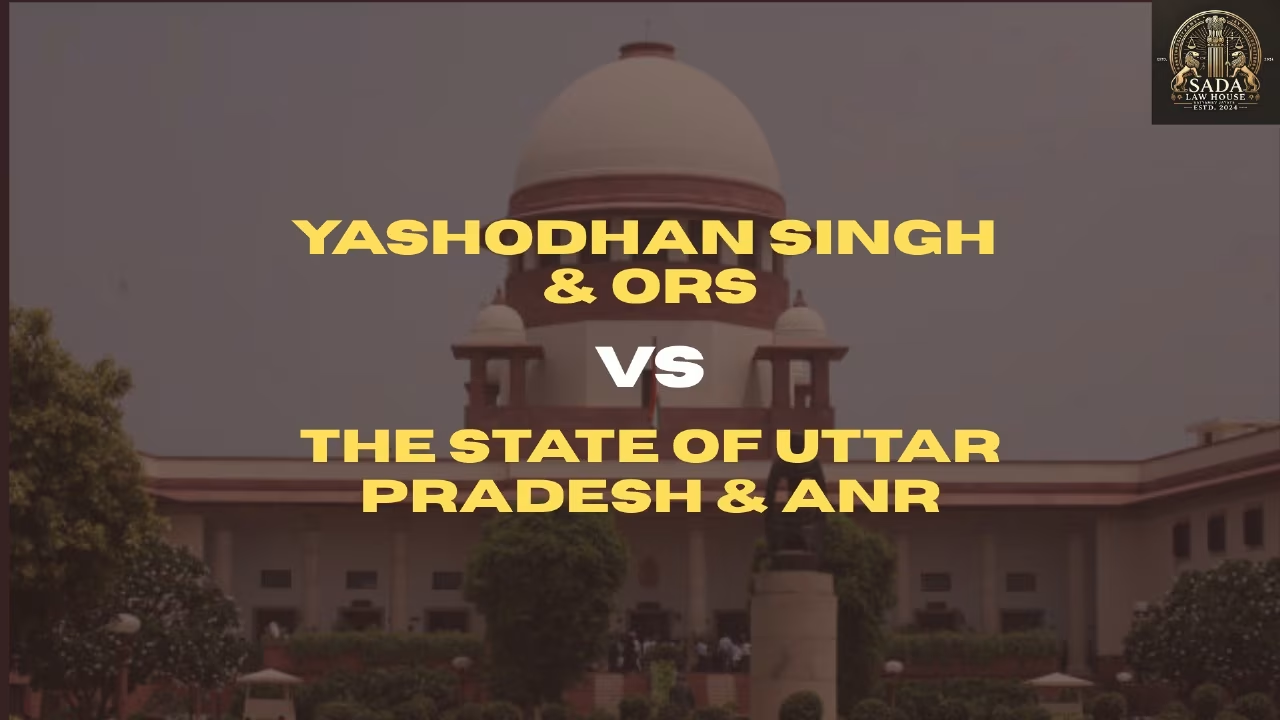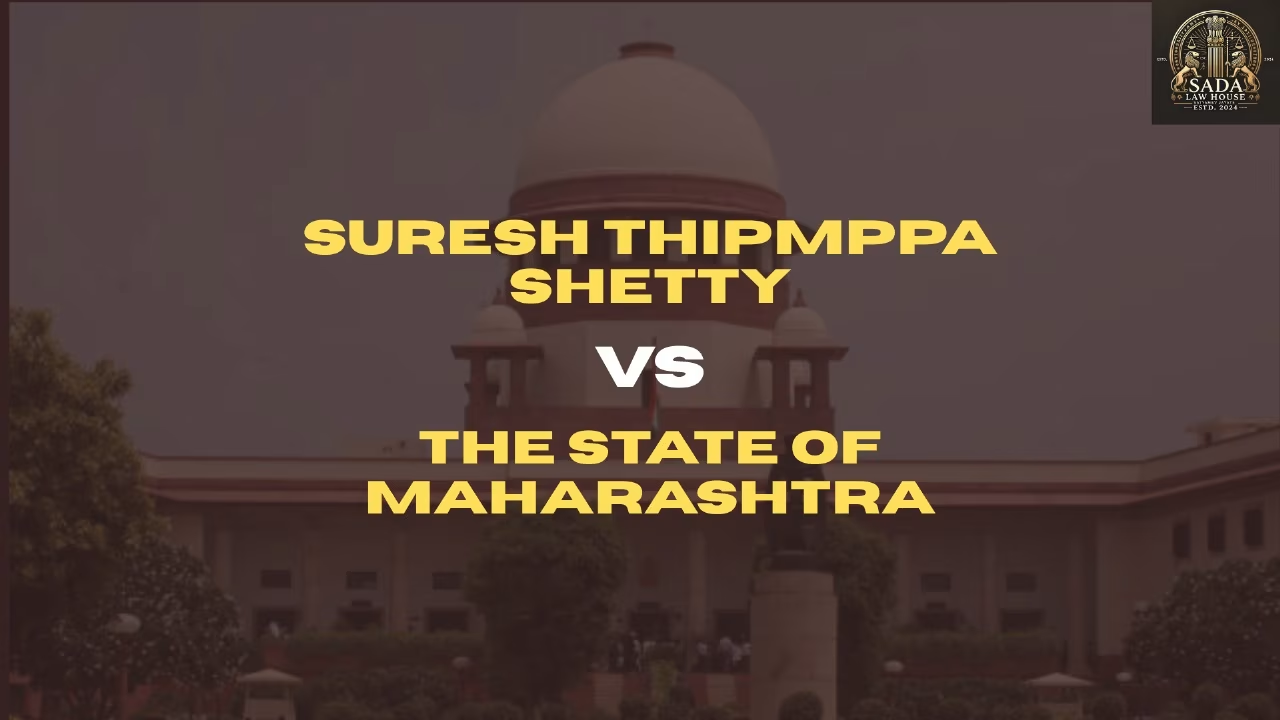Supreme Court Affirms Maternity Leave as Reproductive Right: K. Umadevi vs Government of Tamil Nadu (2025)
- Nitu Kumari
- 19 June 2025

Supreme Court affirms maternity leave as a reproductive right in K. Umadevi vs Government of Tamil Nadu (2025), ruling two-child norms can’t deny constitutional maternity benefits.
Introduction
In a landmark decision on May 23, 2025, the Supreme Court of India ruled in favor of K. Umadevi, a government school teacher denied maternity leave under Tamil Nadu’s two-child policy. The ruling emphasized that maternity leave is a constitutional component of a woman’s reproductive rights, outweighing restrictive service rules.
Background of the Case
Who is K. Umadevi?
K. Umadevi was appointed as an English teacher in a Government Higher Secondary School in Tamil Nadu in 2012. Following the end of her first marriage and after remarrying, she became pregnant in 2021. She was denied maternity leave on the grounds that this was her third child.
Reason for Denial
The Tamil Nadu government cited Fundamental Rule (FR) 101(a), which bars maternity leave for employees with more than two surviving children. This rule prompted legal scrutiny over whether administrative service rules can override constitutional rights.
Legal Issues Before the Court
Can the two-child policy override a woman’s statutory and constitutional rights?
Is maternity leave just a service benefit or a fundamental right under Article 21?
Does the Maternity Benefit Act, 1961 restrict leave based on the number of children?
Should the policy apply if the mother does not have custody of earlier children?
Relevant Legal Provisions
1. Article 21 – Right to Life and Personal Liberty
Guarantees every individual the right to live with dignity. The Court assessed whether denying maternity leave violated this essential right.
2. Article 14 – Right to Equality
Protects against discrimination. The case examined whether denying maternity leave to a remarried woman was a violation of equality before the law.
3. Section 5 – Maternity Benefit Act, 1961
Provides maternity benefits regardless of the number of childbirths, adjusting only the duration of leave. It does not prohibit the leave itself.
4. Section 27 – Maternity Benefit Act, 1961
States the Act overrides all inconsistent laws, including administrative service rules such as FR 101(a).
Court’s Observations and Ruling
Denial of Maternity Leave Was Unlawful
The Madras High Court Division Bench initially denied relief to Umadevi. However, the Supreme Court Justices Abhay S. Oka and Ujjal Bhuyan overturned this decision, holding that:
Maternity benefits are part of reproductive rights.
Service rules cannot violate a woman’s right to dignity and equality.
State policy and constitutional rights must be interpreted harmoniously.
Recognition of Reproductive Rights
The judgment affirmed that reproductive autonomy includes:
These are essential rights that cannot be overridden by bureaucratic norms.
Final Orders by the Court
The Supreme Court directed the following:
Set aside the Division Bench ruling of the Madras High Court.
Uphold the Single Judge’s earlier order favoring Umadevi.
Mandate that the Tamil Nadu government grant maternity leave as per the Maternity Benefit Act.
Conclusion
The K. Umadevi vs Government of Tamil Nadu (2025) case is a landmark decision affirming that maternity leave is a fundamental right tied to reproductive freedom. It reiterates that personal liberty and equality under the Constitution cannot be curtailed by arbitrary administrative policies.
This judgment sets a strong precedent for upholding women’s rights in India, ensuring that employment policies respect constitutional values and human dignity.
Case Laws






